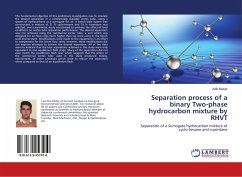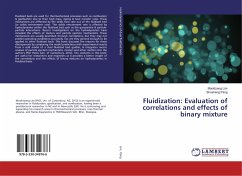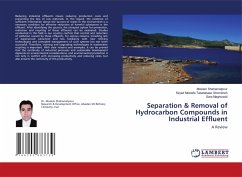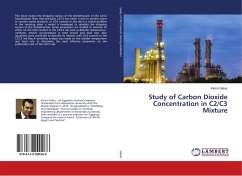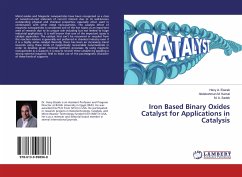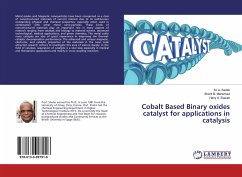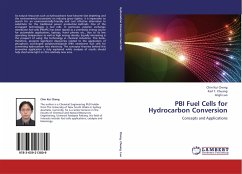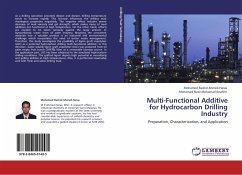The fundamental objective of this preliminary investigation was to simulate the desired separation in a commercially available vortex tube, using a system of hydrocarbons as a surrogate for air. A bench-scale system was constructed, a mixture of 21 % cyclo-hexane and 79 % n-pentane was selected, and a parametric study was devised to evaluate the effect of feed conditions on vortex tube separation performance. The desired separation was not achieved using the commercial vortex tube, a unit which was designed for air flow rates much higher than we were using in the bench scale environment. Modifications were made to the equipment in an effort to compensate for the lower flow rates; however, these modifications did not improve attempts to achieve the desired separation. All of the data seem to indicate that the best separations achieved in this study were only equivalent to one equilibrium flash stage. Many of the separations did not even match the equilibrium flash case, which suggests that the action of the commercial vortex tube used in this study produced mixing, entrainment, of other processes which serve to reduce the separation when compared to that of an equilibrium flash.

